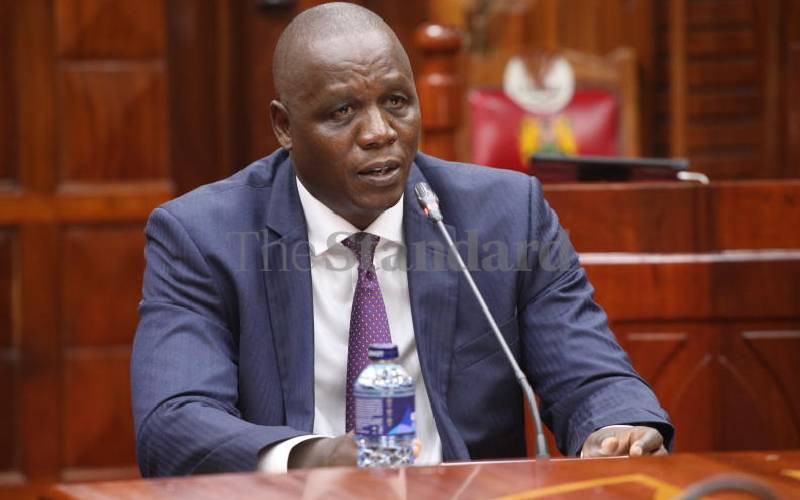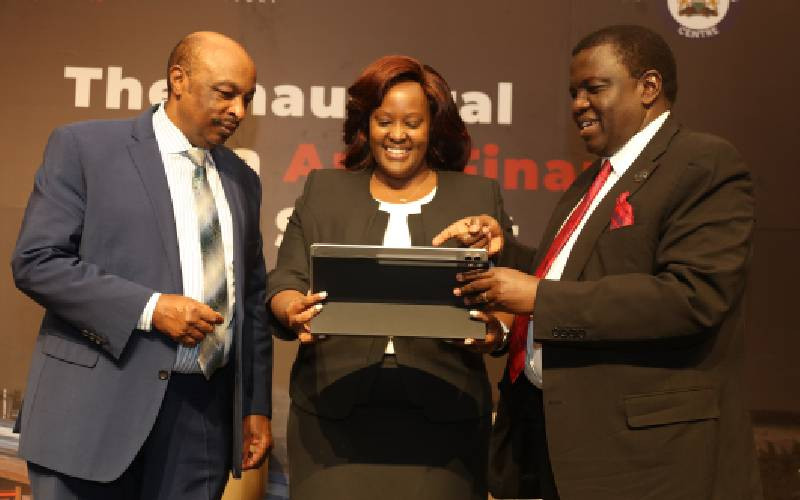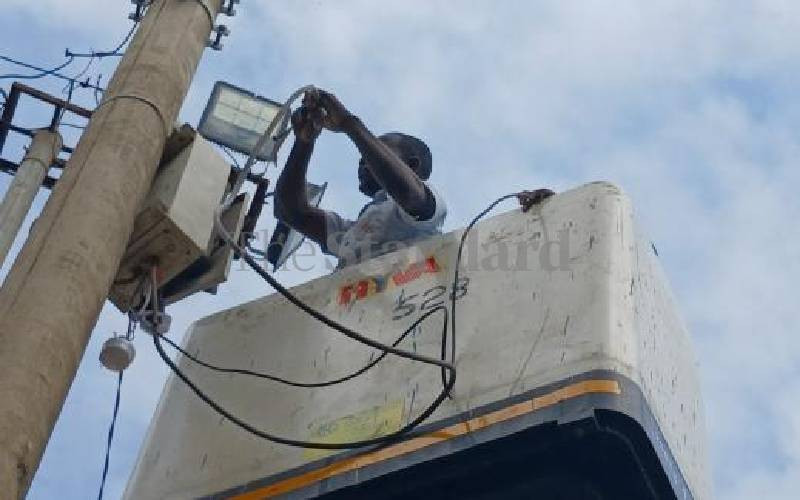To date, China's entry into Africa has been told by the Western media, African press, blogs and other online news platforms.
Some of these outlets have often framed China-Africa engagement in the context of exploitation, invasion, resource-snatching as well as neo-colonialism.
However, in the recent years, China has opted to narrate its stories in Africa. The setting up of China Central Television in Nairobi set pace for this development. The state-owned media says it intends to strengthen news coverage in Africa, with an objective of promoting cooperation between China and African countries on politics, economy, trade and culture.
To make this a reality, the media giant has engaged in radical strategies that have seen it hire some of the best journalists in the region. This appears to have been its key selling point in expanding its global news coverage capabilities in Africa.
The entry into Africa of CCTV, China Daily Weekly, Xinhua, StarTimes, China Radio International, among others has already complicated the media landscape that has for a long time been dominated by the British Broadcasting Corporation, Atlanta-based Cable News Network (CNN) and Al Jazeera, an independent broadcaster owned by the state of Qatar. While these traditional media players tok a focus on conflict, always negative stories about Africa, the new entrants seem to concentrate more on positive, issue-based stories, a strategy they refer to as constructive journalism.
The plan is informed by the notion that “biased” Western news media have painted an inaccurate portrait of the Asian economic tiger as it spreads its presence in Africa.
In its quest to right its image in Africa, Beijing has implemented other innovative media projects, like giant news screens in Ethiopia and thousands of scholarships for African journalists. Xinhua has also partnered with a Kenyan mobile firm to provide news service for mobiles.
The expansion in Africa is seen as part of China's push to increase its international media presence.
China's growing appetite in media has indeed been captured by the White House, whoch recently alleged that the "world we are engaging in is in an information war and we are losing that war". Cited in this claim was the growing influence of state-backed media outfits like Russia Today and CCTV.
But as China media penetrates Africa, the challenge ahead is for the state-owned media houses to retune their models to be adapted to markets outside Asia, considering the divergent journalistic practices and media landscapes in African countries.
Today, the Africa-style media views itself as a watchdog and guardian of public interest. The Chinese model, on the other hand, seeks to defend the State and its interests.
 The Standard Group Plc is a multi-media organization with investments in media
platforms spanning newspaper print operations, television, radio broadcasting,
digital and online services. The Standard Group is recognized as a leading
multi-media house in Kenya with a key influence in matters of national and
international interest.
The Standard Group Plc is a multi-media organization with investments in media
platforms spanning newspaper print operations, television, radio broadcasting,
digital and online services. The Standard Group is recognized as a leading
multi-media house in Kenya with a key influence in matters of national and
international interest.
 The Standard Group Plc is a multi-media organization with investments in media
platforms spanning newspaper print operations, television, radio broadcasting,
digital and online services. The Standard Group is recognized as a leading
multi-media house in Kenya with a key influence in matters of national and
international interest.
The Standard Group Plc is a multi-media organization with investments in media
platforms spanning newspaper print operations, television, radio broadcasting,
digital and online services. The Standard Group is recognized as a leading
multi-media house in Kenya with a key influence in matters of national and
international interest.









